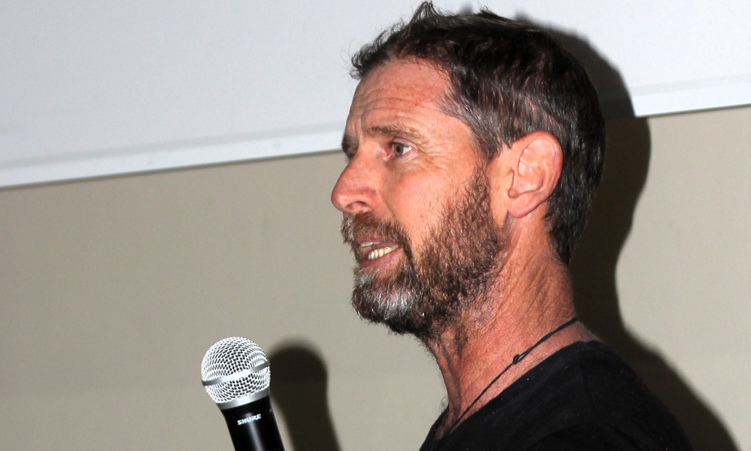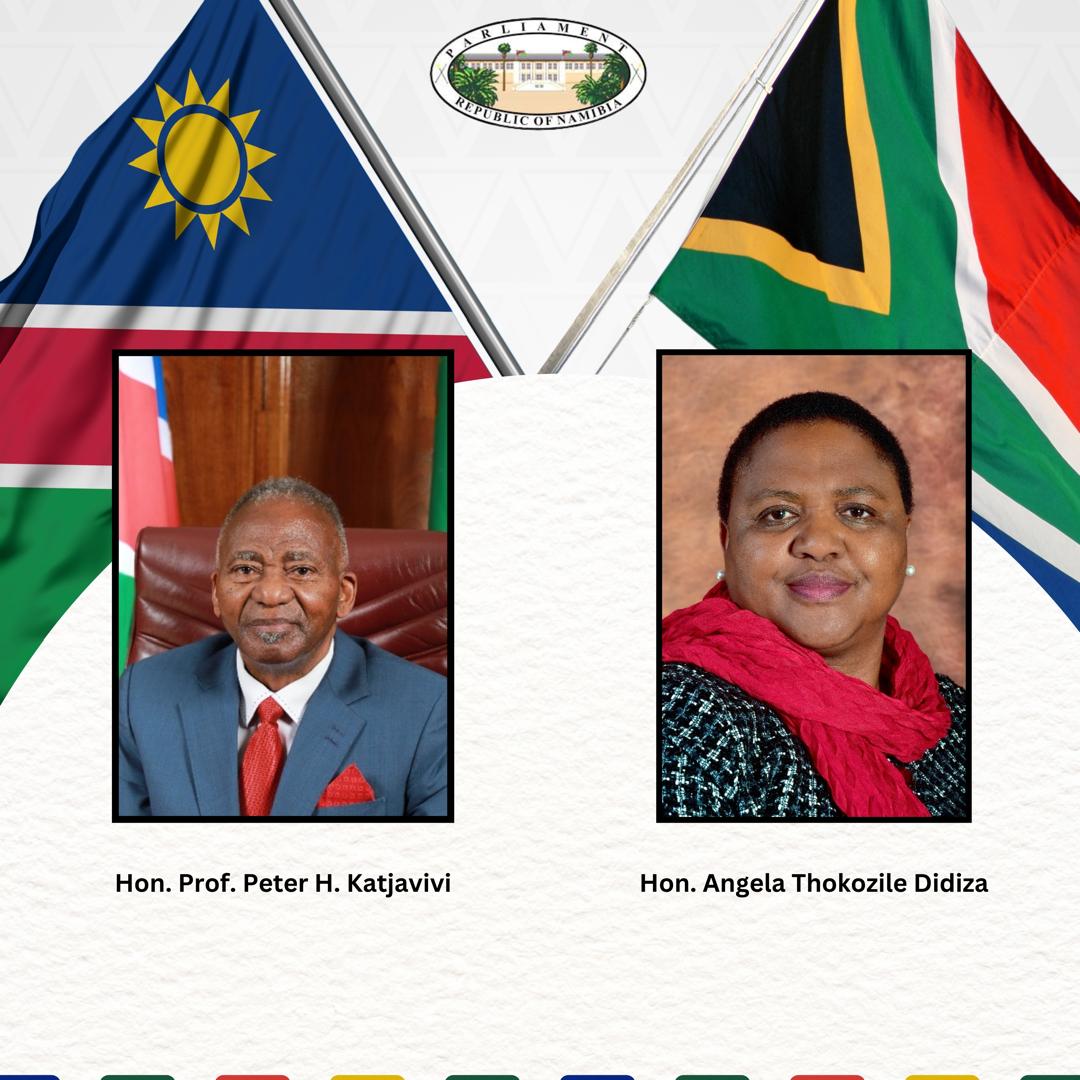Coastal communities have the right to support or question any development that affects their environment.
This was said by the Legal Assistance Centre (LAC) during a discussion on community rights amid mining developments at Swakopmund on Tuesday.
The coastal community’s track record in stopping or stalling major developments, such as the Gecko Industrial Project and Sandpiper Marine Phosphate Project a few years ago, was presented as proof of the role of “interested and affected parties” in the realisation of such projects.
“With Namibia reportedly being the only country with sustainable development in its Constitution, this protective attitude over our environment is necessary.
“It is important for people to know their rights – how they can get involved and be heard,” Nadine Kohlstadt of the Scientific Society of Swakopmund said.
LAC legal practitioner Riwayn Doëseb said the Environmental Management Act should not only ensure that projects within Namibia are environmentally sustainable and beneficial for current and future generations, but also provide the means for Namibians to play an active role in such developments.
He said the foundational principles for the sustainable use of natural resources is established by the Sustainable Development Advisory Council, together with the Environmental Commission and environmental officers.
These bodies are tasked with assessing and controlling activities that may significantly impact the environment, Doeseb said.
He said communities should be informed about projects before they begin.

“We must be given information beforehand to make informed decisions,” he said.
Doëseb said the proper advertising of proposed projects are sometimes intentionally neglected, which results in minimum public participation.
“We must remember that the spirit of the law looks great, but when it comes to the letter of the law, things get complicated and can be dragged out for a long time.
“Then, while it drags on, the projects continue to negatively impact the environment,” he said.
Doëseb urged a cautious and deliberate approach to development projects.
“Why the rush? Let us rather do it right,” he said.
Naudé Dreyer of Ocean Conservation Namibia, who has become an internet sensation by saving Namibian seals and other marine life entangled in plastic, highlighted how special Namibia’s Benguela ecosystem is for marine life, the economy and recreation.
“The funny thing is some of these threats are not always due to illegal activities, but rather poor management and law implementation,” he said.
Dreyer said Namibia has recommitted itself at last year’s Ocean’s Summit “to act now to protect the vital resources of our ocean for our continued livelihoods”.
Some notable measures taken, according to him, include fish farming, seabed mining, oil production and green hydrogen and ammonium production.
Many projects introduced in Namibia have failed, or have been denied elsewhere in the world, Dreyer said.
“We need to scrutinise these projects properly, despite the big promises of job creation, economic prosperity and food security,” he warned.
“We don’t want Namibia to be the guinea pig for testing this out.”
Dreyer is concerned over Namibia’s ability to manage oil reserves effectively.
“Look at the the Niger Delta. It should be one of the most biodiverse areas in Africa, but it’s a complete mess due to oil production.”
He asked whether Namibia is prepared for environmental risks, such as oil spills, citing the Deepwater Horizon disaster as an example of potential devastation.
“As a community, we need access to information,” Dreyer said.
“We need to know our rights and understand what is coming our way to make informed decisions.”
Stay informed with The Namibian – your source for credible journalism. Get in-depth reporting and opinions for
only N$85 a month. Invest in journalism, invest in democracy –
Subscribe Now!






